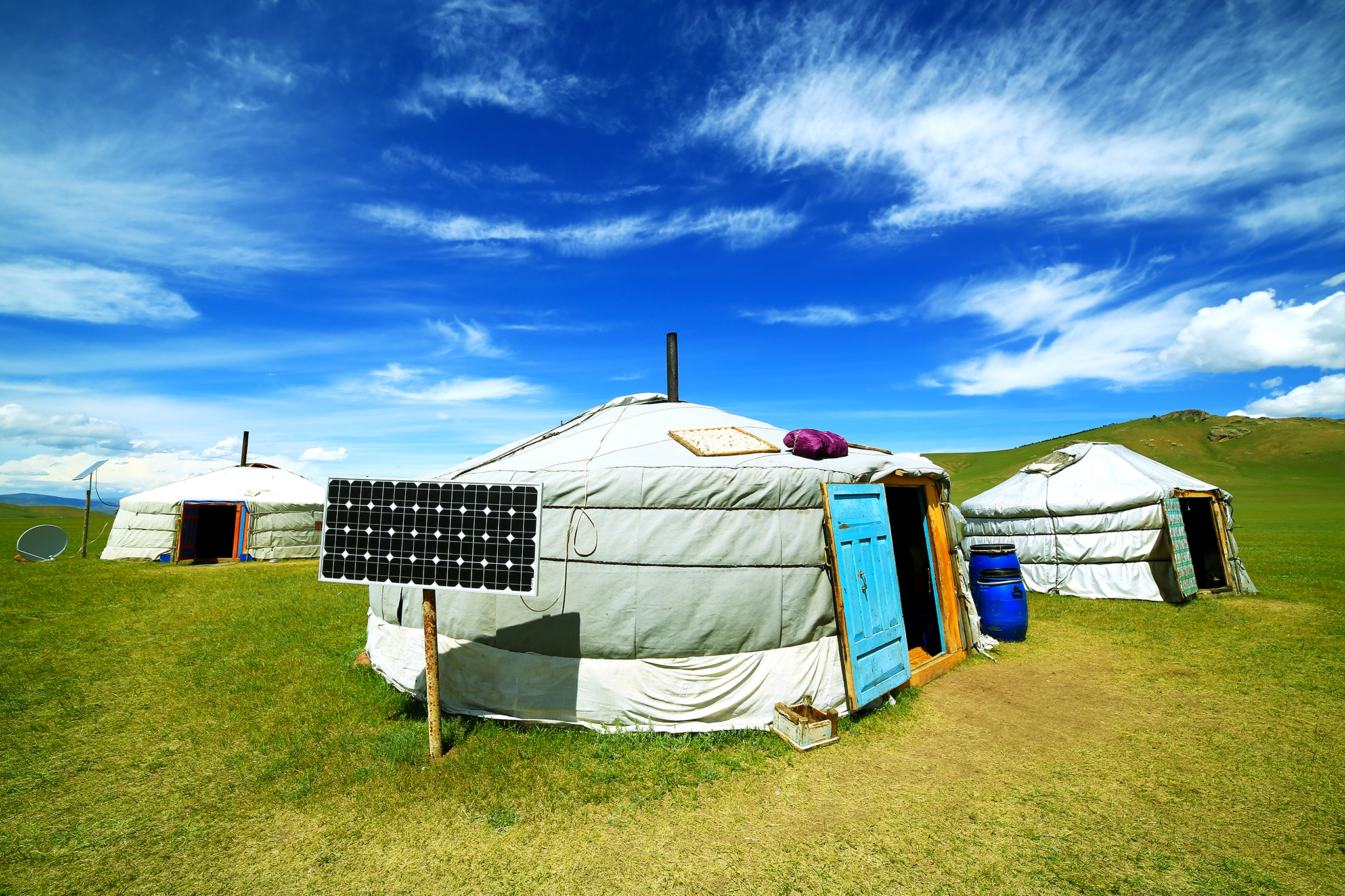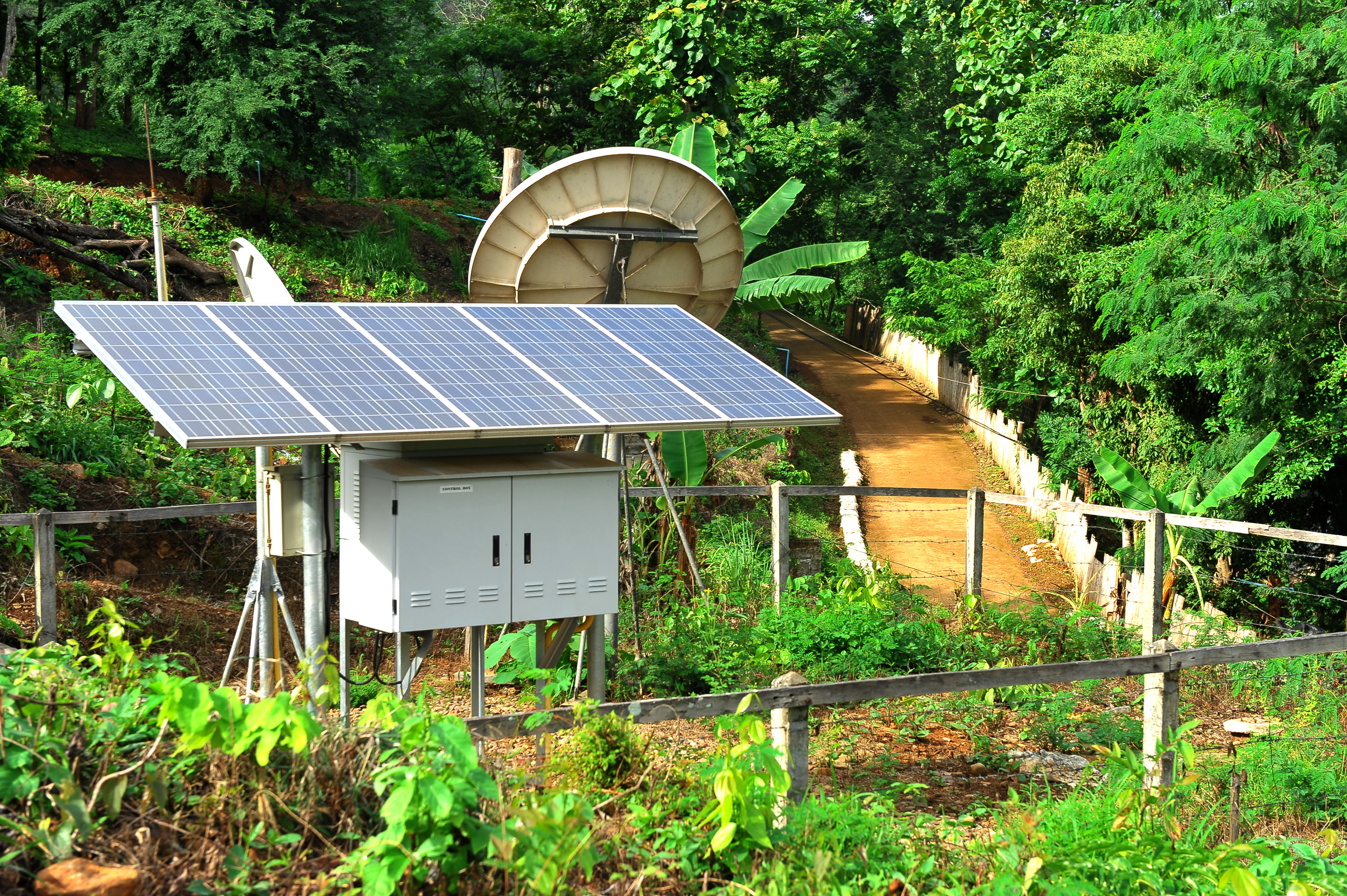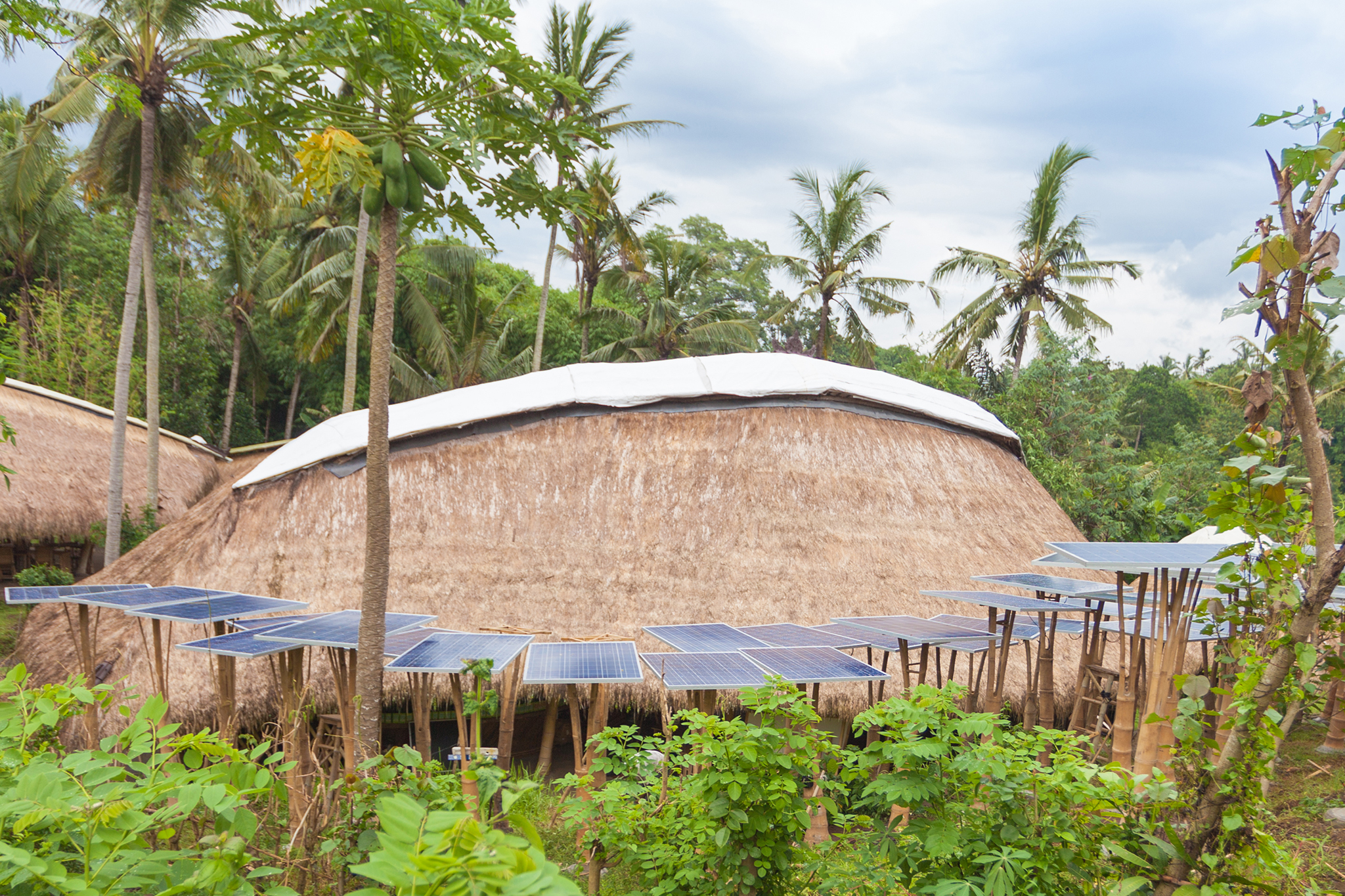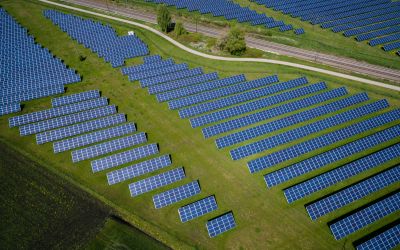Off-grid renewable energy for universal access
Adnan Z Amin, Director-General of the International Renewable Energy Agency (IRENA), presents the economic, social and environmental cases for off-grid electricity generation, and urges governments and agencies to make sure the right policies are in place.
For those of us living with electricity, it is easy to forget the social and economic impact of going without. Power shortages cut economic growth by 2 to 4 per cent annually. Households without electricity pay 60 to 80 times more for energy-related products – charcoal, candles and kerosene – than people in New York or London. Health clinics without electricity struggle to refrigerate much-needed medicines and exposure to smoke from wood-fired cooking stoves causes more than 4 million premature deaths each year.
Great strides have been made in the last two decades to increase global access to electricity, with nearly two billion more people
connected today than in 1990, but there is still too large a gap between the haves  and the have-nots. More than one billion people – roughly 15 per cent of the global population – still lack access, while another one billion have unreliable supply. To achieve universal electricity by 2030, the pace of access expansion needs at least to double.
and the have-nots. More than one billion people – roughly 15 per cent of the global population – still lack access, while another one billion have unreliable supply. To achieve universal electricity by 2030, the pace of access expansion needs at least to double.
Renewable energy, specifically off-grid renewable energy, has a key role to play in closing this gap. Estimates suggest that off-grid solutions will provide the majority, roughly 60 per cent, of the additional generation needed to achieve universal access to electricity. Renewables are now the default cost-competitive choice for off-grid installations, both stand-alone and mini-grids, in most rural and peri-urban areas. Estimates suggest that by 2020 as many as 350,000 mini-grids will be needed to achieve universal access in Africa, 60,000 to be deployed in West Africa alone.
The rationale for off-grid renewables
The promise of off-grid renewables is broadly captured by three main cases:
The economic case. Thanks to dramatic cost reductions in recent years, renewable technologies are now the most economic option for off-grid electrification. They can be significantly cheaper than diesel-fired generation or kerosene-based conventional lighting. In Bangladesh, for example, the solar home programme replaces 242,000 tons of kerosene, saving US$300 million annually. If Nigeria used modern off-grid lighting solutions, it would save more than $1.4 billion annually.
The social case. The deployment of off-grid renewables directly creates jobs, not just for the installers and those working within the renewable industry, but also for those who gain meaningful employment through industries created from newly gained access to reliable electricity supply. IRENA estimates that at least 4.5 million jobs can be created in the off-grid electricity sector by 2030, in positions ranging from entrepreneurs and technicians to installers and distributors.
Efforts made to increase energy access also benefit other sectors critical to human development. Access to electricity can improve the accessibility and reliability of the water supply for drinking and irrigation. Solar irrigation solutions can help increase farmer yields by 300 per cent. It can also facilitate extension of basic rural healthcare services and enable the outreach of telecommunication services in rural or island contexts, thereby further contributing to the UN Sustainable Development Goals.
The environmental case. Another compelling case for off-grid renewables is the impact, or rather lack of impact, it has on the environment. While development is a necessary and achievable goal, it should not be at the expense of irreversible environmental damage. The international scientific community has established that greenhouse gas emissions are responsible for ongoing global climate change. The effects of these changes are region-dependent, but include rising sea levels, ocean acidification, increased and more intense storm activity, glacial retreat, and disrupted rain patterns, among many more, which come at disastrous cost both economically and to human health.
The energy sector accounts for two-thirds of global emissions. As such, any effort to reduce emissions and mitigate climate change must focus heavily on decarbonising the global energy system. IRENA research has found that doubling the global share of renewables by 2030 to 36 per cent – combined with energy efficiency measures – would cut emissions to the level required to stay on the two-degree pathway as enshrined in the Paris Agreement.
Development with off-grid renewables offers a path that leapfrogs the polluting route historically taken by developed economies – one that is not even a feasible option for countries of certain sizes and regions of the world. Small island states are particularly affected by climate change, and for many of the 750 million people living in the inhabited 10,000 islands around the world, the means or resources for large-scale energy production and a national grid connection are limited. In these cases mini-grids powered with diesel generators offer a route to energy access. Incorporating renewables into these mini-grids through the addition of solar PV, wind turbines, and particularly biodiesel, is an attainable goal.
 Off-grid progress
Off-grid progress
Success in off-grid deployment is happening across the globe. In Bangladesh, a solar home system programme deployed 280,000 solar home systems in six years between 2002 and 2008. Today, it deploys the same number in fewer than five months. The programme now benefits over 18 million beneficiaries – 11 per cent of the total population. In Africa, M-KOPA Solar has connected more than 375,000 homes in Kenya, Tanzania and Uganda to solar power with 550 more added daily. For a deposit of US$35, buyers get the system then make 365 daily payments of $0.43 through mobile money system M-Pesa. When it is all paid off, the system belongs to the buyer.
The way forward
Thankfully, the strong business case for deploying off-grid renewables in rural areas is driving innovative business models, which is encouraging growth in the sector. Key market development initiatives, including the Green Mini-Grids Market Development Programme, Beyond the Grid Initiative and the ECOWAS Programme on Access to Sustainable Energy Services, are steps in the right direction. But to achieve scale, off-grid renewable energy development must be transformed from a project-by-project endeavour to one that is market driven, a message that resonated strongly at the 3rd International Off-grid Renewable Energy Conference hosted by IRENA this year.
This will require collective efforts to create an enabling environment that supports the scale-up of energy access efforts through private sector participation. This includes adopting an effective policy and regulatory framework, along with tailored business and financing models and adapting technologies to the rural context. If the enabling environment is appropriate, off-grid solutions can be deployed rapidly to extend electricity access for meeting basic needs but also for promoting productive uses.
These enabling policies can also create a more secure environment to encourage investment. We currently invest nine billion dollars a year on energy access, but five times that is needed to achieve universal access. This investment is beginning to trickle in. In the last three years, investments in the off-grid solar sector increased 15-fold, and private sector players are raising substantial financing from impact investors, private equity funds, corporates, government development finance, donors and crowd funding. For example, the US-led Power Africa’s Beyond the Grid initiative has committed US$1 billion over the next five years to seed and scale distributed energy solutions, and the Islamic Development Bank will loan US$180 million for Africa projects improving access to electricity through off-grid solutions.
These early examples demonstrate that, with the right policies in place to spur investment, off-grid renewable energy can offer a practical, actionable solution to many of today’s most pressing issues. This complementarity presents a compelling case for policy-makers to adopt a more holistic approach to energy access and to include off-grid renewables as a means to stimulate economy-wide development, fight poverty and improve livelihoods and protect the planet from the dangerous effects of climate change.
Read the full Climate Action 2016/17 Publication here









